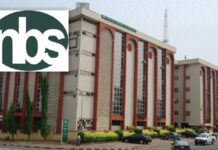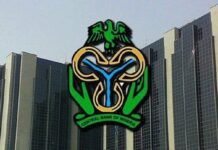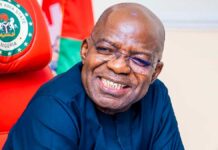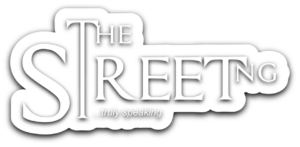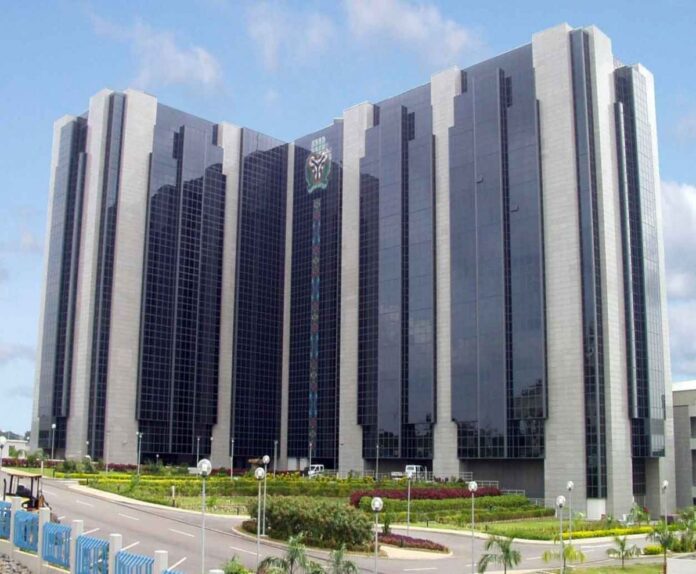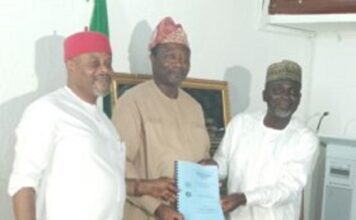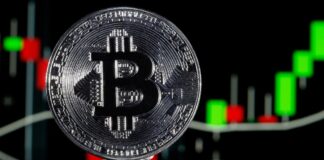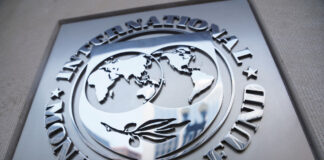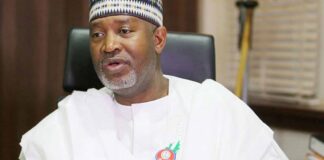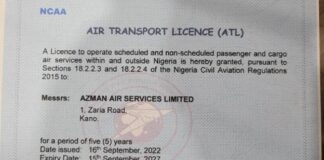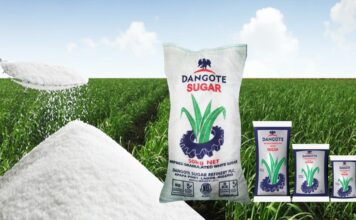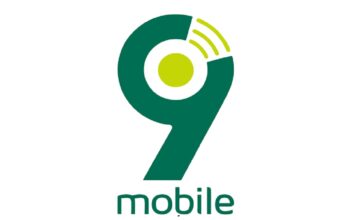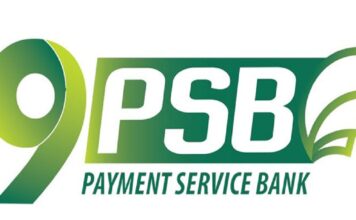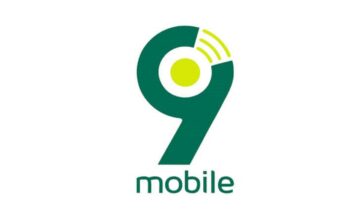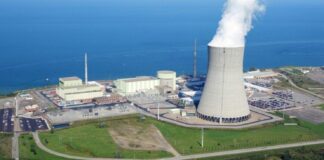FX Arbitrage: CBN Will Have to Make Big Call on Devaluation –Agusto
Noting the arbitrage activities in the foreign exchange (FX) market, experts at Agusto and Co said that the Central Bank of Nigeria (CBN) is expected to make big call on devaluation in 2021.
In its macroeconomic report, Agusto explained that the naira is currently trading at an unhealthy arbitrage of N80 to ₦100 to a dollar between the parallel and the official market as monetary authorities struggle to maintain stability in the foreign exchange market.
Agusto report explained that the odds against the naira in the foreign exchange market are in two folds.
According to the report, the firm considered that first, there are the long-term fundamental issues.
It explained that with naira inflation projected to be stubbornly stuck above 15% in 2021 and dollar inflation at a benign 2%, the odds against the naira indicate an inflation rate differential of about 14% between the two currencies.
“The principle behind the inflation rate differential implies that the erosion in the value of the naira measured by inflation is significantly greater than the dollar.
“Thus, the 13% inflation differential should result in the naira’s depreciation against the dollar in similar measures.
“Once again, this reiterates the need to pare back inflation in Nigeria”, Agusto stated in the report.
However, the firm also said the second major issue is the demand-supply dynamics in the foreign exchange market.
It noted that Nigeria has entered a period of low oil and gas export revenues.
“In 2021, we project about $30 billion in oil & gas exports, down 20% from about $36 billion in 2020”, Agusto said.
Experts explained further that with net foreign investment also likely to be in negative in 2021 due to the demand management strategy of the Central Bank, there will be significant pressure on reserves and the naira/US dollar exchange rates.
“With foreign reserves stubbornly stuck below the $40 billion threshold since mid-November 2019, and currently around the $35 billion mark, the CBN has less dry powder to defend the naira at N390/$”, the firm added.
In 2021, the CBN will have to make a big call on devaluation with very little leeway to this decision, Agusto said.
Meanwhile, the agency stated further the cost of an indecision on this issue in 2016 led to the recession.
“The 2021 scenario is even more complex as Nigeria is now caught between a rock –the pandemic– and a hard place – the foreign exchange illiquidity – and the cost of indecision this time around will come with greater consequences than in 2016.
“On the other end, we note that there are three significant upsides inherent in the unification of the exchange rates in the market.
“The first of these upsides is that the unification of exchange rates will pare back currency speculation as more high net worth investors (HNIs) are divesting from the naira while increasing FCY exposures”, the firm stated.
Agusto said secondly, the currency unification will stimulate investor confidence, shore up foreign direct investment and foreign portfolio investment once again.
It said Nigeria’s FDI position fell to less than a billion dollars in 2020 reaching a decade low as the currency arbitrage hurts investor confidence.
Also, the firm said, businesses operating in the country are subjected to increased operational difficulties owing to the currency situation.
Read Also: Fixed Income Market Trades Upbeat as Naira Hits ₦500 to US
Experts noted that as more businesses are unable to meet foreign currency demands on the official market, they resort to the parallel market and then pass on the higher exchange rate costs to consumers thus stoking inflation.
“Despite this grim foreign exchange position, we note that Nigeria is not overleveraged in foreign currency terms especially when compared to other key economies in sub-Saharan African peers.
“While Nigeria has a foreign currency debt position of 56% to its current account receipts, Kenya and Ghana have positions of over 180% and 70% respectively.
“However, with local currency debts especially the short-term treasuries being raised at less than 3% – thus leaving investors with over 10% in negative real interest rates – the federal government is quite incentivised to raise more local currency debt than foreign currency debt.
“Overall, the big question for followers of the foreign exchange market will be “if the CBN will cave in and devalue the naira in 2021”, Agusto explained.
FX Arbitrage: CBN Will Have to Make Big Call on Devaluation –Agusto
